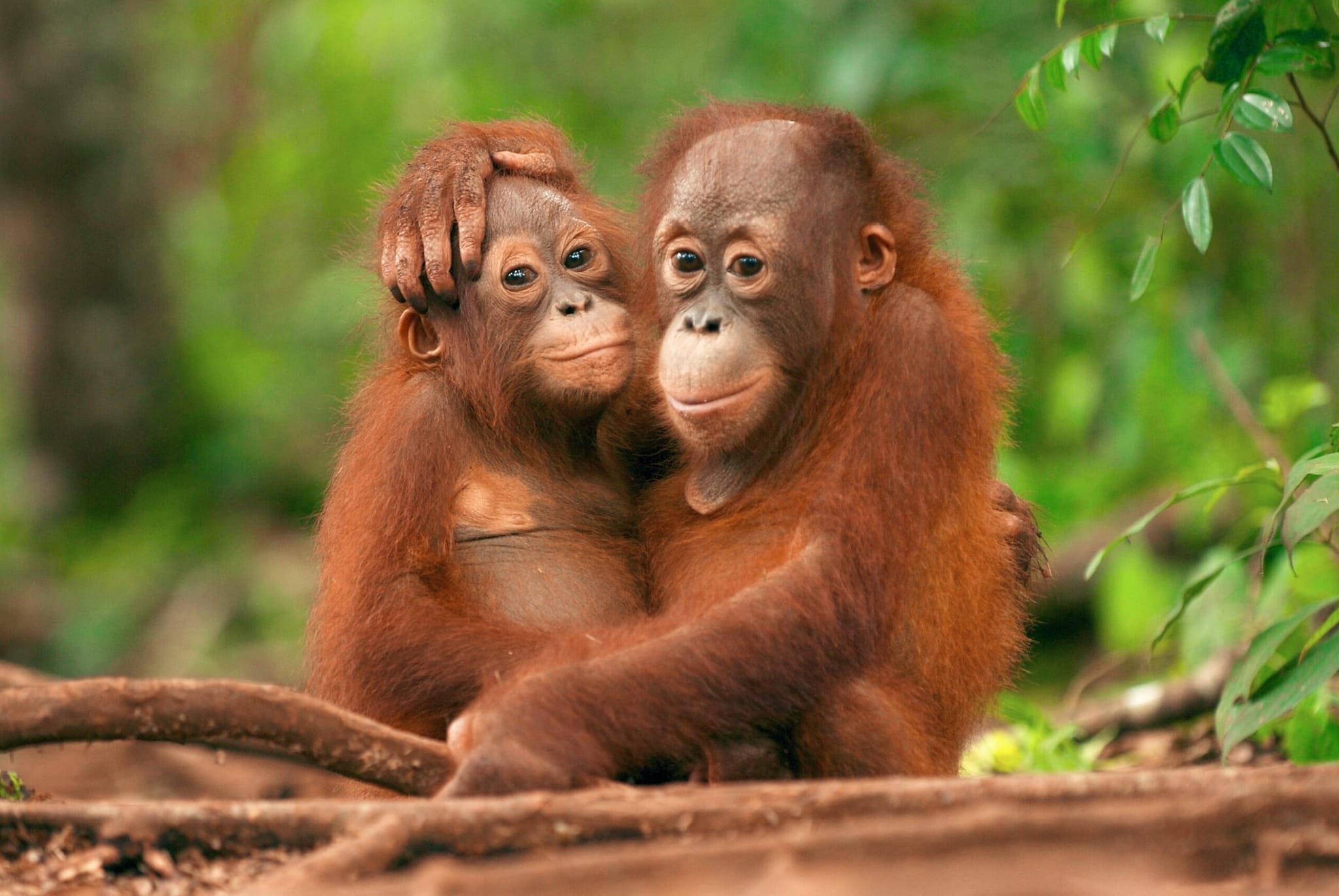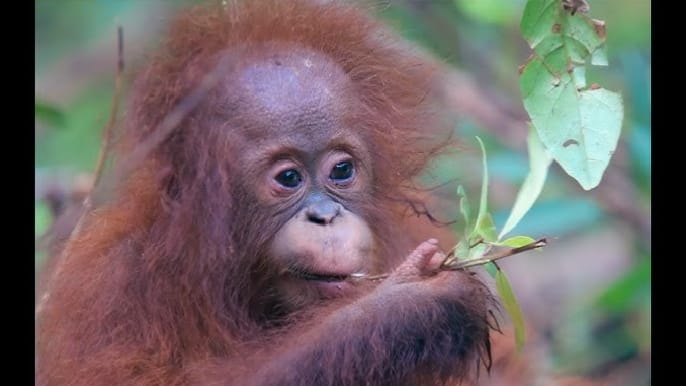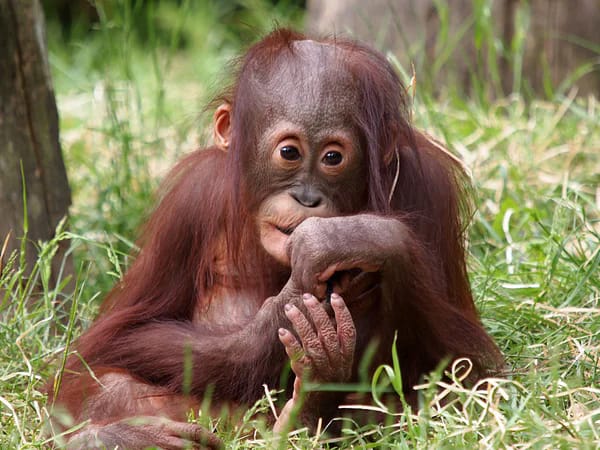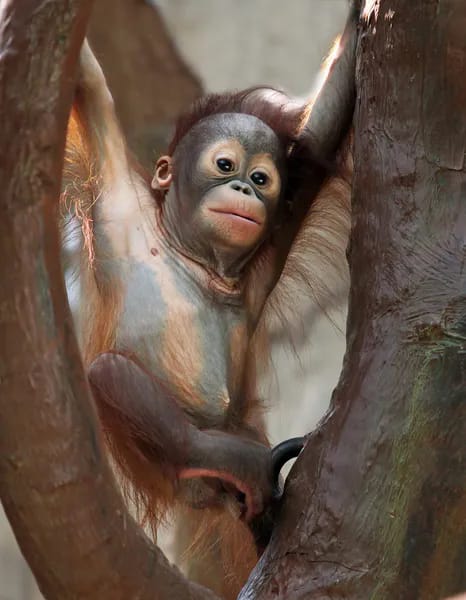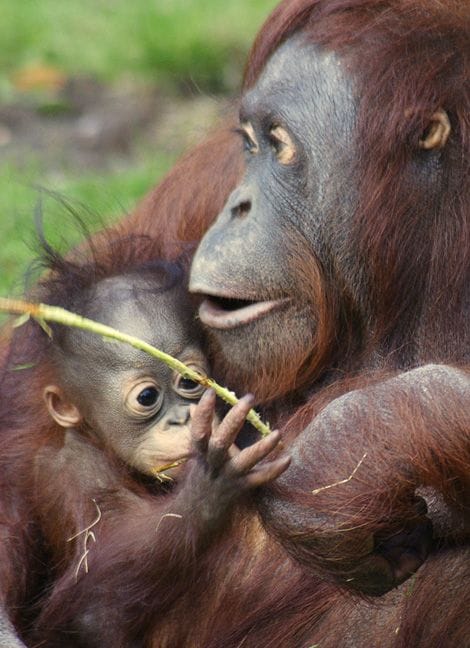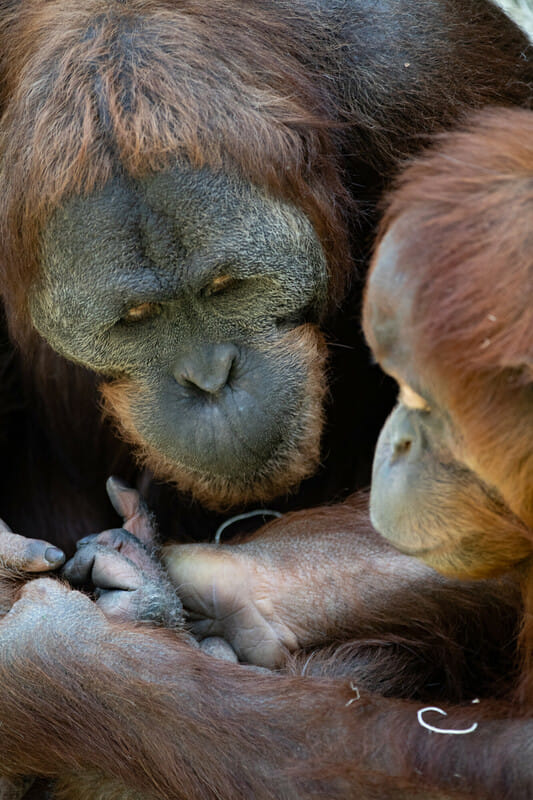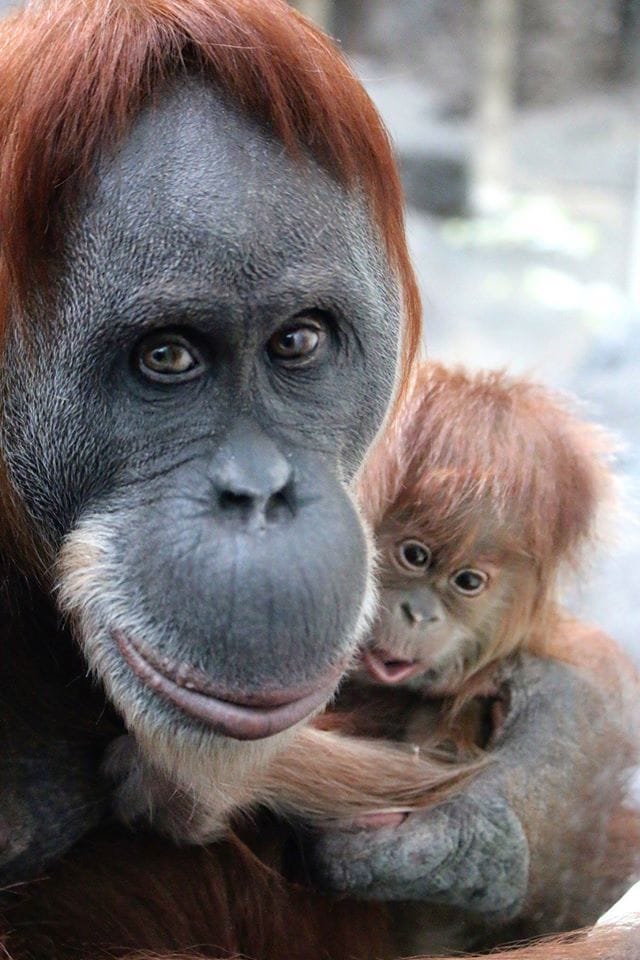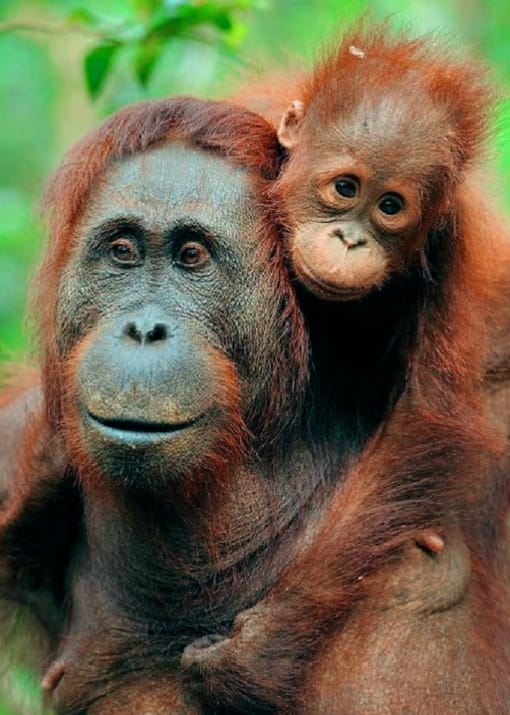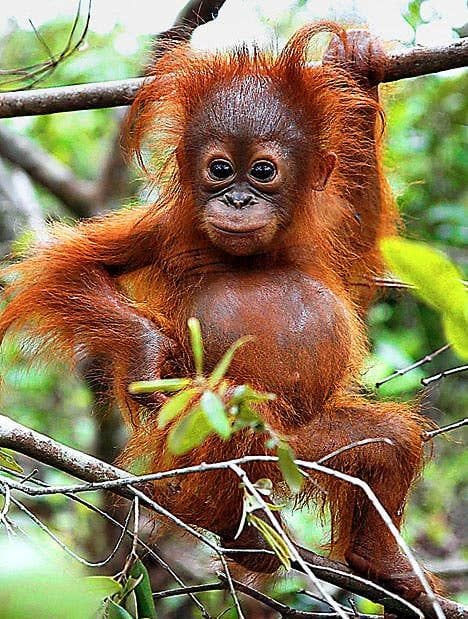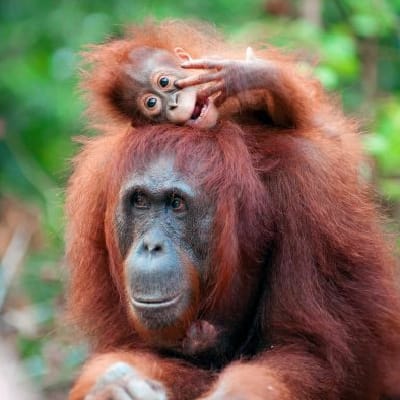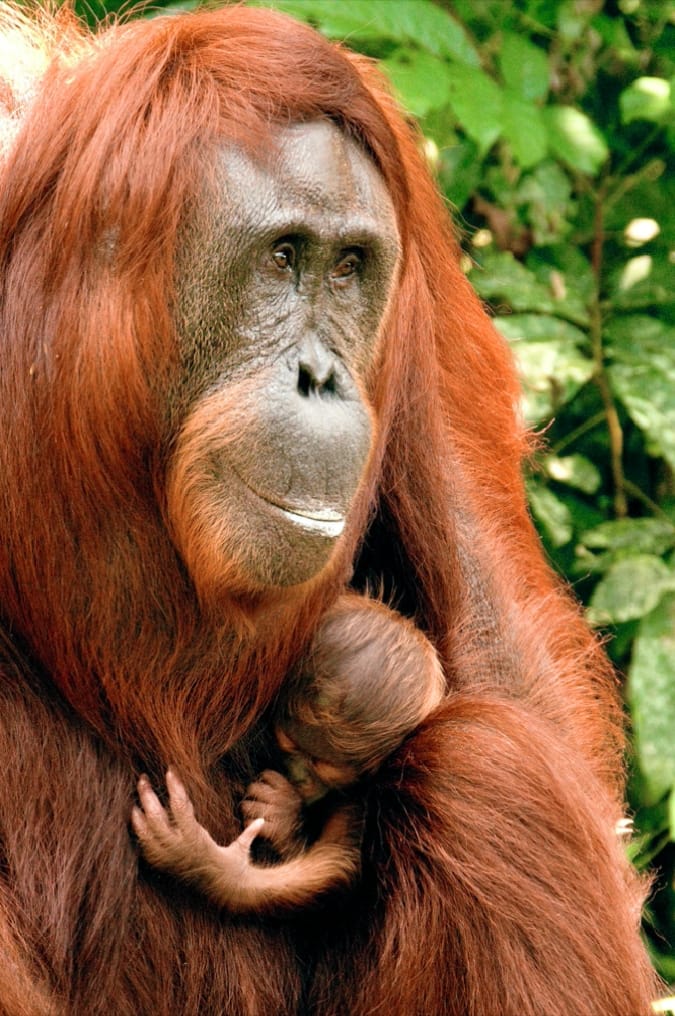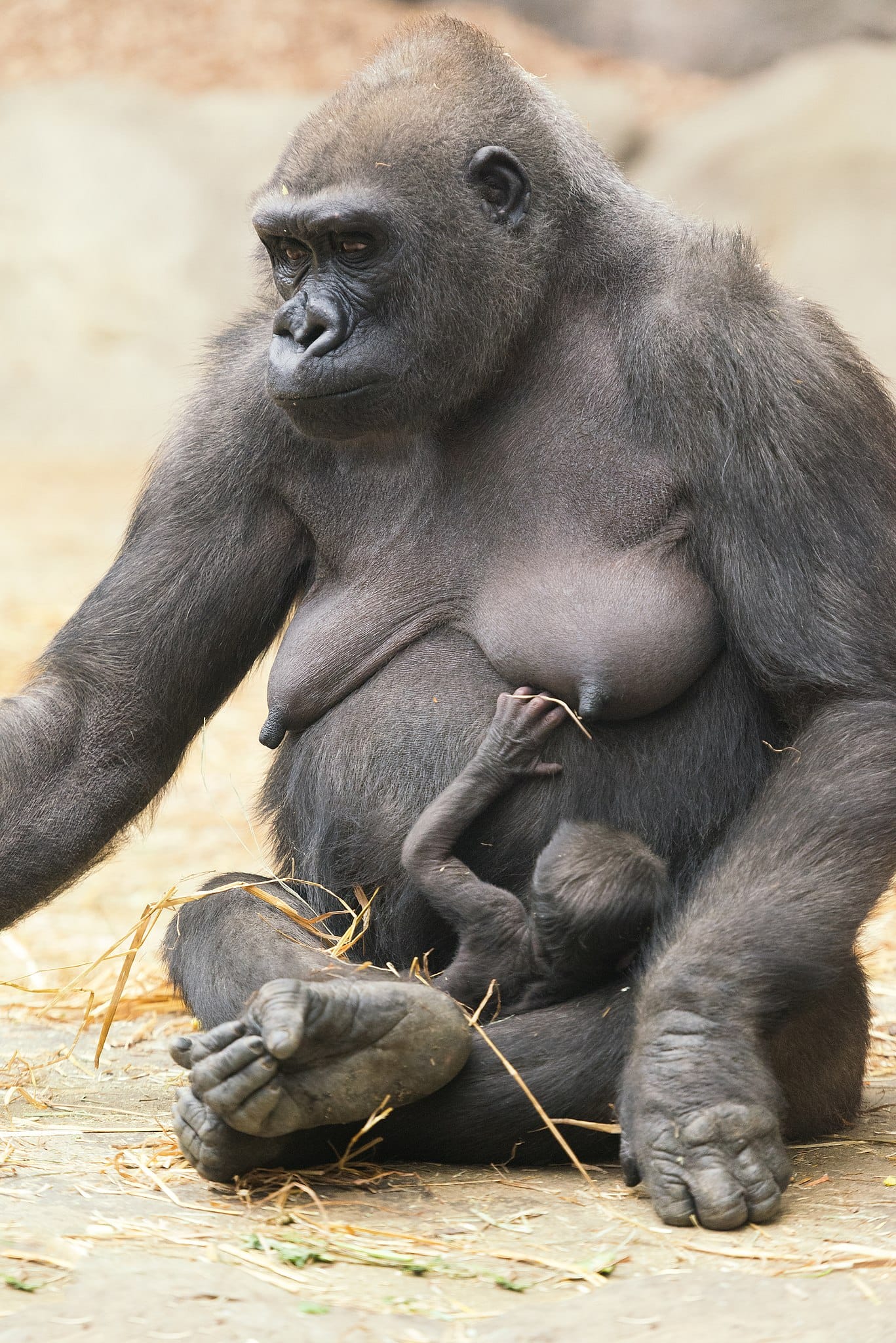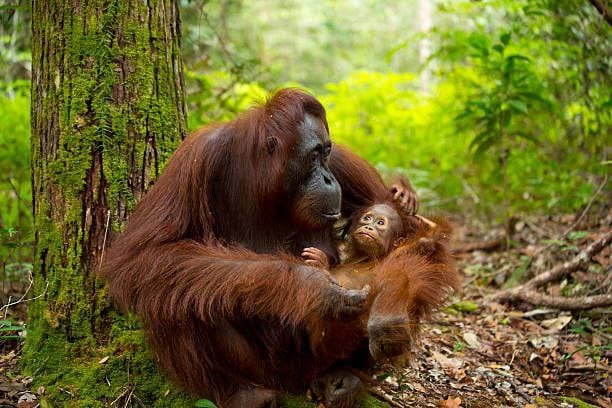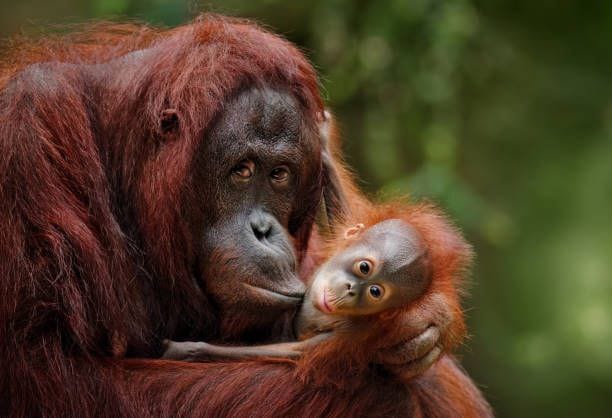key Baby Bon Bon goes shark fishing and eats watermelon and ducklings in the garden
Surprise is a fundamental emotion that we experience when we encounter an unexpected event. In this chapter, we will explore how people react to surprising events, with a focus on the psychological and physiological responses that occur.
Surprise as an Emotion
- Surprise is a basic emotion that is experienced in response to unexpected events.
- It is often associated with a startle response, which includes physiological changes such as increased heart rate and dilated pupils.
- Surprise can be either positive or negative, depending on the context and the individual’s interpretation of the event.
Cognitive Processes in Surprise
- Surprise triggers a processing priority shift, which means that our attention is automatically drawn to the surprising event.
- This priority shift can lead to cognitive tunneling, where we become overly focused on the surprising event and neglect other relevant information. More
- Surprise can also lead to increased curiosity and a desire to learn more about the unexpected event.
Physiological Response to Surprise
- Surprise is associated with a startle response, which includes physiological changes such as increased heart rate, dilated pupils, and muscle tension.
- These physiological responses prepare the body for action and are designed to help us respond quickly to unexpected events.
Cultural Differences in Surprise
- Cultural differences can influence how surprise is expressed and interpreted.
- For example, in some cultures, surprise is expressed with a gasp or open mouth, while in others, it may be expressed with a smile or laugh.
- Understanding these cultural differences is important for effective communication and cross-cultural understanding.
Examples
Suppose you are walking in a park and suddenly a ball hits you on the head. This unexpected event triggers a surprise response in you, and your attention is automatically drawn to the ball and the person who kicked it. You may also experience physiological changes such as increased heart rate and muscle tension.
In this situation, your cognitive processes are also affected. You may become overly focused on the ball and the person who kicked it, neglecting other relevant information in your environment. You may also become curious about why the ball was kicked in your direction and want to learn more about the situation.
Cultural differences can also influence how you express and interpret surprise. For example, if you are from a culture where surprise is expressed with a gasp, you may automatically gasp when the ball hits you. However, if the person who kicked the ball is from a culture where surprise is expressed with a smile, they may interpret your gasp as a negative response and become defensive.
Conclusion
In conclusion, surprise is a fundamental emotion that is experienced in response to unexpected events. It triggers a processing priority shift and is associated with physiological changes that prepare the body for action. Understanding how people react to surprising events can help us communicate more effectively and improve cross-cultural understanding.


